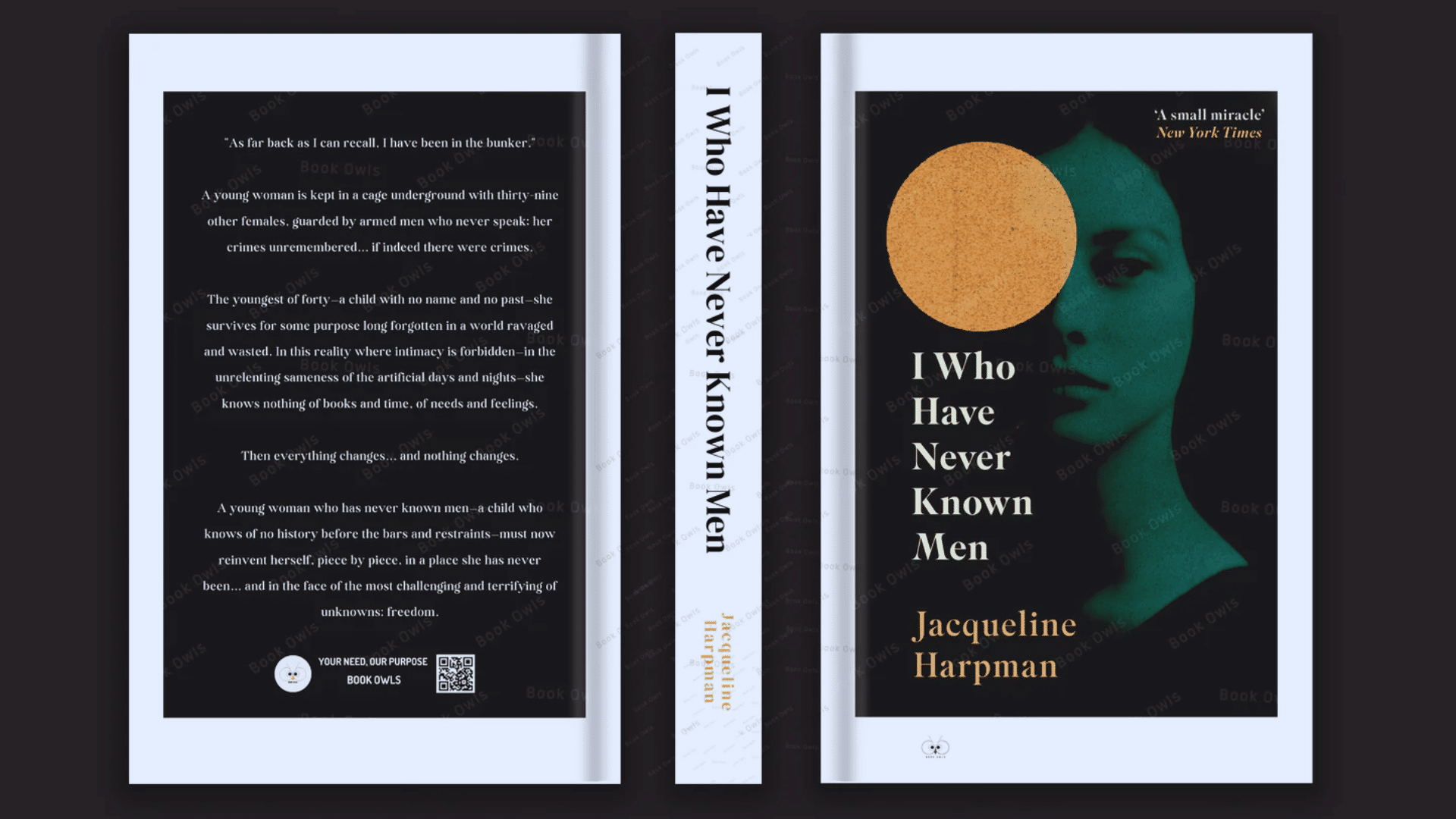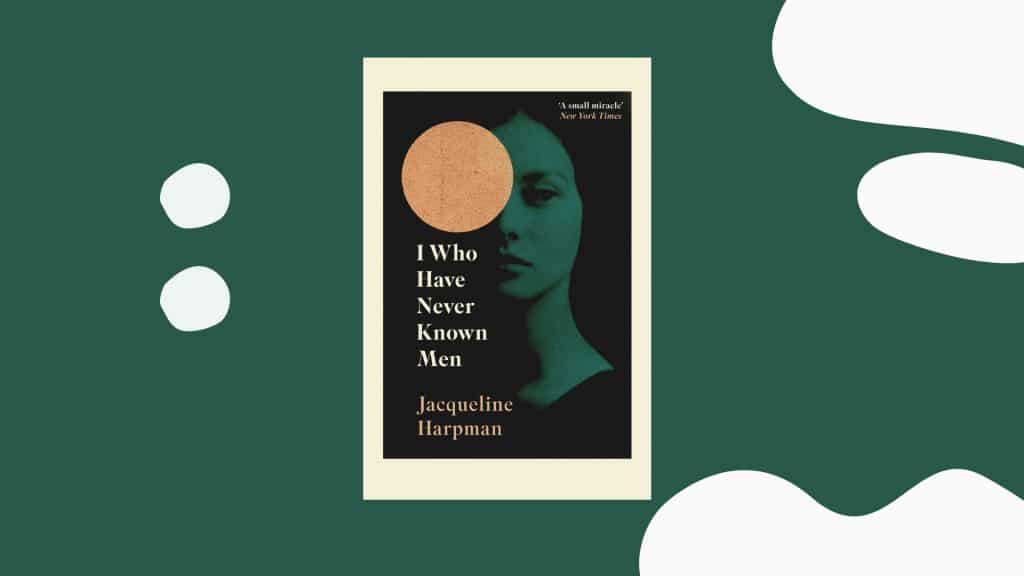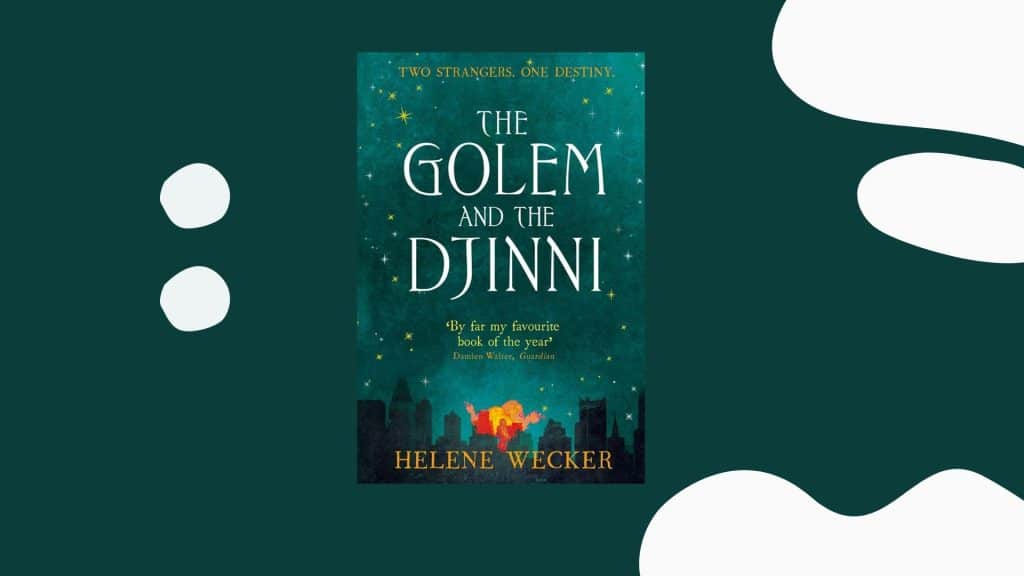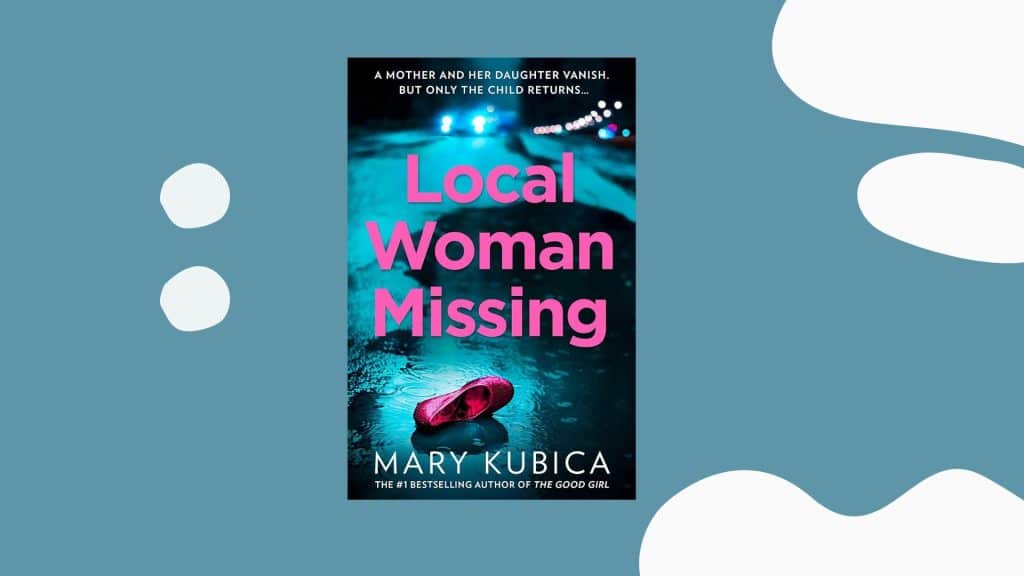I was a prisoner, and then I wasn’t. But the place I went to was not what I expected.- Jacqueline Harpman
“I Who Have Never Known Men” is a speculative fiction novel by Jacqueline Harpman. It was first published in French in 1995 as *Moi qui n’ai pas connu les hommes* and later translated into English. Over time, it has gained renewed attention for its deep and thought-provoking story.
The novel follows 40 women imprisoned in an underground bunker with no explanation. The youngest prisoner serves as the narrator, sharing their experiences as they seek answers.
The story focuses on themes of isolation, identity, and survival in a desolate world, raising questions about existence and what it means to be human.
Plot Summary

I had never seen a man, and I had never seen the sky, and I had never seen the sea, and I had never seen the town where I was born.- Jacqueline Harpman
Storyline
The story follows 40 women who have been imprisoned in an underground bunker for reasons they do not understand.
They have no memory of how they got there, and the guards watching them offer no explanation. Their days are spent in confinement, with no sense of time, purpose, or knowledge of the world outside.
The youngest prisoner, who has never experienced life beyond the bunker, becomes the central figure. She observes the others, questioning their past and the meaning of their captivity.
Unlike the older women, who remember life before imprisonment, she only knows the walls that have surrounded her since childhood.
One day, an unexpected event changes everything. The guards suddenly disappear, leaving the door unlocked.
The women step outside for the first time, only to find themselves in a vast, empty landscape. They begin a long journey in search of answers, facing nothing but silence and desolation.
As they walk through this unfamiliar world, they struggle to understand their past, their captors, and what has happened to the rest of humanity.
Characters and Character Arc
The narrator is the youngest of the prisoners. She has no memory of life before captivity and grows up without any understanding of the outside world.
As the story unfolds, she begins to question everything around her. When the women escape, she must learn to make sense of a world she has never known.
Her journey is one of discovery, not just of the physical world but of her own identity and purpose.
The other women each respond to their situation in different ways. Some try to remember the past, holding on to memories of life before captivity.
Others focus only on survival, accepting that they may never understand what happened to them. Their differing views shape the narrator’s thoughts as she navigates her new reality.
Though barely present, the guards play an important role in the story. They are the only connection the women have to an outside force, yet they never speak or explain their purpose. Their sudden disappearance leaves the women with even more questions.
Themes and Plotline
The novel explores isolation on multiple levels. The women are physically trapped in the bunker, but even after they escape, they remain alone in an empty world. Their sense of disconnection shapes their search for meaning.
Another central theme is the need for human connection. Despite their differences, the women rely on each other to cope with their situation. Even in a world without answers, they find strength in their shared experience.
The story also raises questions about identity and purpose. Without a past or future to define them, women must create their own sense of meaning. The narrator, in particular, faces this challenge as she grows and adapts to the unknown.
Finally, the novel reflects on human resilience. Despite having no knowledge of what awaits them, the women continue moving forward. Their journey is not just about survival but about understanding what it means to exist in a world without history or explanation.
What Genre Does It Focus On?
This novel belongs to dystopian and speculative fiction. It presents a world where survival is uncertain and the past is unknown.
Unlike traditional dystopian stories filled with political control or resistance, this book takes a quieter approach, focusing on the emotional and psychological effects of isolation.
The story does not rely on external conflicts or fast-paced action. Instead, it follows the narrator’s journey in an empty world, where she must find meaning without any guidance.
The book’s tone is bleak, yet it remains deeply thought-provoking, leaving readers with more questions than answers.
The novel moves at a slow, reflective pace. Readers will not find intense action or dramatic twists. Instead, the focus is on the narrator’s thoughts and emotions as she tries to understand her place in a world that offers no explanations.
There is no clear villain or structured society. The lack of background information makes the story feel unsettling, yet it also allows for deep personal interpretation. Readers must engage with the book’s themes and draw their own conclusions.
Ratings and Reviews
I was like a blank sheet of paper, untouched, without a past, without knowledge, without even the memory of a memory.- Jacqueline Harpman
Goodreads Rating
The novel has an average rating of 4.23 out of 5 on Goodreads, based on over 3,400 reviews. Many readers appreciate its unique approach to dystopian storytelling.
Goodreads Reviews
Readers describe it as haunting and emotional. Some highlight its ability to capture the loneliness and fear of being lost in an empty world. Others mention how the story lingers in their minds long after reading.
While many find the novel deeply moving, others feel frustrated by its lack of answers. Some readers appreciate the open-ended nature, while others wish for more clarity.
Amazon Reviews
On Amazon, reviews mention the novel’s ability to make readers reflect on existence and purpose. The writing style is often described as simple yet powerful, allowing emotions to take center stage.
Some readers admire its deep themes, while others struggle with the slow pacing. The absence of a traditional resolution makes it a polarizing read, but those who connect with it find it unforgettable.
How the Book Sets Itself Apart
Unlike most dystopian novels that focus on rebellion or oppressive governments, this book tells a quieter, more internal story. The lack of world-building and explanation creates a sense of unease, making the reader feel just as lost as the narrator.
It does not offer simple conclusions or clear moral lessons. Instead, it allows readers to sit with the uncertainty, making it a unique and deeply personal reading experience.
Who Should Read This Book?
This novel is best suited for readers who enjoy introspective and thought-provoking stories. It does not follow a traditional plot structure, instead focusing on themes of isolation, survival, and identity.
Readers who appreciate open-ended narratives and philosophical questions will find it especially engaging.
Those interested in dystopian fiction with a psychological and emotional focus will also connect with this book. It does not rely on action or external conflicts but instead explores the human experience in a world without structure.
Age and Content Warning
This book is recommended for mature readers due to its complex themes, emotional depth, and unsettling atmosphere.
While it does not contain explicit content, its exploration of isolation and survival can be intense. Younger readers may find it difficult to grasp its themes and underlying messages fully.
People Who Liked These Books
Readers who enjoyed The Handmaid’s Tale by Margaret Atwood may find similar themes of confinement, identity, and survival in this novel.
Fans of Never Let Me Go by Kazuo Ishiguro might also appreciate its slow, reflective pacing and the gradual realization of a hidden truth.
Book Recommendations if You Liked This
- The Road by Cormac McCarthy: A haunting post-apocalyptic journey of survival and human connection.
- Station Eleven by Emily St. John Mandel: A beautifully written dystopian novel that explores the meaning of survival after a global collapse.
- Parable of the Sower by Octavia E. Butler: A powerful story of resilience set in a world on the brink of disaster.
- Blindness by José Saramago: A gripping novel about a society unraveling when a mysterious illness spreads, leaving people without sight.
These books share similar themes of survival, human nature, and the search for meaning in an uncertain world.
Conclusion
“I Who Have Never Known Men” is a novel that lingers in the mind long after reading. It raises deep questions about existence, identity, and the meaning of freedom.
The story does not provide clear answers, instead leaving readers to interpret its message in their own way.
Its focus on isolation and survival makes it a unique addition to dystopian fiction. The quiet yet unsettling atmosphere challenges traditional storytelling, making it a deeply reflective read.
As time passes, the novel remains relevant. Its themes of uncertainty and resilience continue to connect with modern audiences, offering a powerful and thought-provoking experience.
More from This Author
Brief Overview of the Author
Jacqueline Harpman was a Belgian author and psychoanalyst. Her novels often focus on human psychology, identity, and isolation.
She studied medicine before turning to literature. Later, she trained as a psychoanalyst, which shaped the themes in her books.
Her works challenge readers to reflect on personal identity and the impact of outside forces on human behavior.
Other Books by This Author
- Orlando: A novel about gender identity and transformation told through a surreal lens.
- The Mistress of Silence: A psychological story about silence, power, and human relationships.
Frequently Asked Questions
What Inspired the Novel’s Premise?
The novel explores human psychology and existential themes. Harpman’s background in psychoanalysis likely influenced its focus on isolation, identity, and the search for meaning.
Is There a Sequel to this Book?
No, it is a standalone novel. The ending remains open-ended, allowing readers to interpret the narrator’s fate and unanswered mysteries in their own way.
Has the Book been Adapted into Other Media?
There are no known adaptations for film, television, or other formats. Its introspective style and ambiguous storyline make it difficult to translate into a visual medium.
Why has the Book Gained Recent Popularity?
Social media discussions, especially on TikTok, have introduced new readers to the novel’s themes of isolation and self-discovery.
What is the Significance of the Title?
The title highlights the narrator’s lack of knowledge about men, symbolizing isolation and the absence of societal norms.









